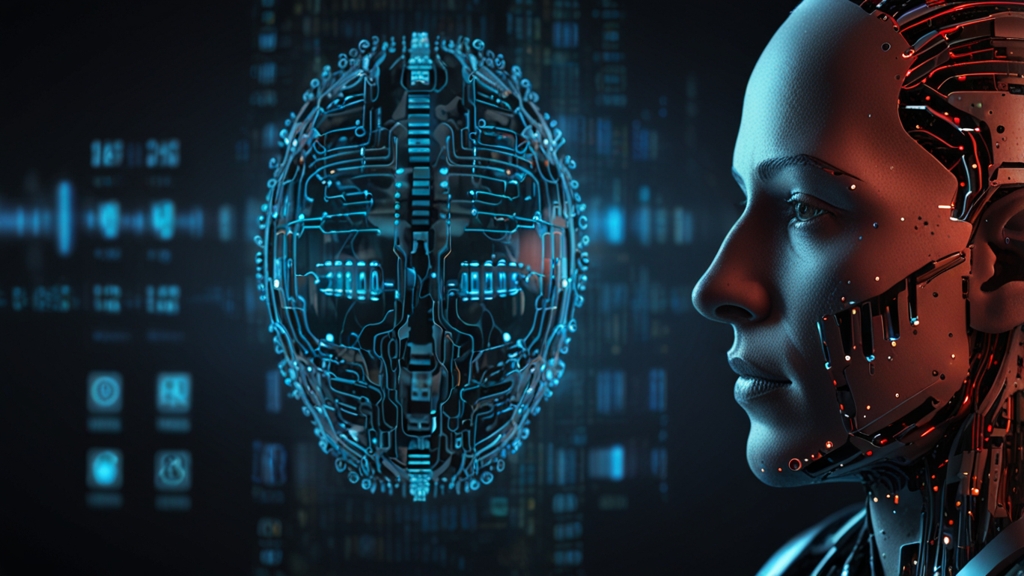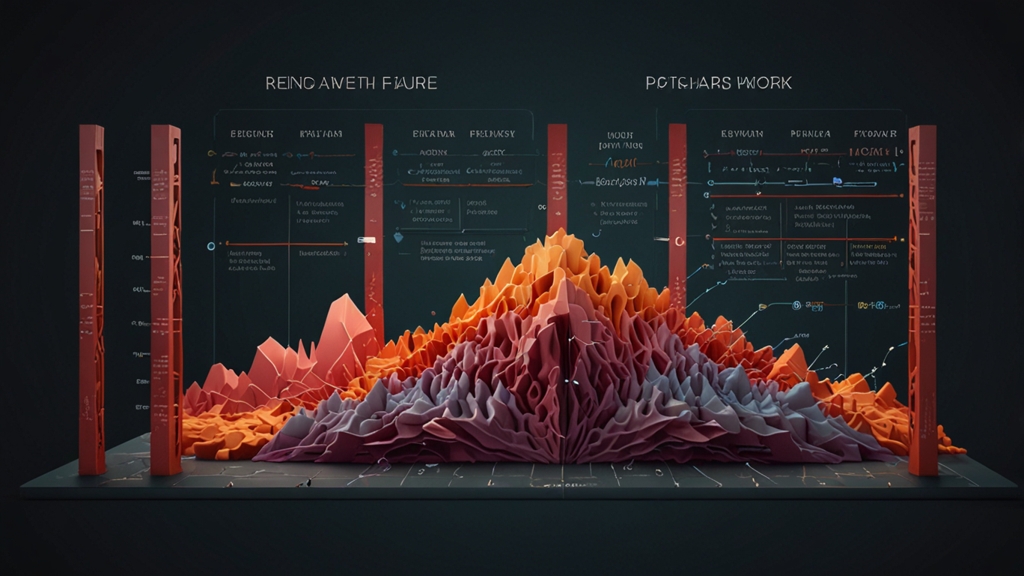Reimagining Security: The Role of AI in Cyber Defense
In today's digitally connected world, the landscape of cyber threats is constantly evolving. Traditional security measures, though essential, are proving insufficient against sophisticated cyber attacks. As a result, the integration of Artificial Intelligence (AI) into cyber defense strategies has become not only a viable but necessary progression. This transformation brings into focus how AI is revolutionizing cyber defense, predictive analysis, and threat detection.
AI-Powered Threat Identification
One of the primary advantages of AI in cyber defense is its ability to identify threats with unparalleled precision. Unlike conventional methods that rely on pre-defined rules and signatures, AI systems can continuously learn and adapt to new threats. Machine learning algorithms analyze vast amounts of data, recognizing patterns and anomalies that may indicate a security breach.
"AI's capability to process and analyze data at speeds unmatched by human analysts has positioned it as a game-changer in threat detection and response." – Cybersecurity Expert
This dynamic approach allows AI to detect zero-day threats, which are vulnerabilities that have not been previously identified and mitigated. By leveraging AI, organizations can proactively defend against new and unknown risks, ensuring a more resilient cybersecurity posture.
Automation and Efficiency
Another critical role of AI in cyber defense is the automation of routine security tasks. These tasks include monitoring network traffic, scanning for vulnerabilities, and patching software. Automating these processes frees up security professionals to focus on more complex issues that require human intelligence and intuition.
Moreover, AI systems can operate 24/7 without fatigue, ensuring continuous monitoring and immediate response to threats. This perpetual vigilance is crucial in the modern cyber threat environment, where attacks can occur at any time, often exploiting periods of reduced human oversight.
"Automation through AI not only boosts efficiency but also significantly reduces response times, minimizing potential damage from cyber incidents." – Security Analyst
Predictive Analysis and Proactive Defense
Predictive analysis is another area where AI excels. By analyzing historical data and threat intelligence, AI systems can predict potential attack vectors and vulnerabilities. This foresight allows organizations to implement proactive defenses, reducing the probability of successful attacks.
For example, predictive models can indicate which types of attacks are likely to target specific industries or organizations based on past patterns. This intelligence enables more targeted and effective cybersecurity measures, tailored to the unique threat landscape faced by each entity.
Challenges and Ethical Considerations
While the benefits of AI in cyber defense are profound, it's essential to acknowledge the accompanying challenges and ethical considerations. One of the primary concerns is the potential for AI systems to be exploited by cybercriminals. Just as AI can enhance defense mechanisms, it can also be weaponized to create more sophisticated and difficult-to-detect malware and attack strategies.
Furthermore, reliance on AI poses questions about the transparency and accountability of decision-making processes. Ensuring that AI-driven actions are explainable and auditable is crucial to maintaining trust and compliance with regulatory standards.
"Ethical AI deployment necessitates a balance between innovation and safeguarding against misuse, ensuring accountability and transparency in cybersecurity operations." – Ethical AI Advocate
Conclusion
The integration of AI in cyber defense marks a significant advancement in the fight against cyber threats. By enhancing threat identification, automating security tasks, and enabling predictive analysis, AI empowers organizations to develop more robust and responsive cybersecurity strategies. However, it is imperative to address the ethical and practical challenges associated with AI deployment to fully realize its potential in creating a secure digital future.
As cyber threats become more sophisticated, the role of AI in cyber defense will undoubtedly continue to expand. Embracing this technology—while remaining vigilant about its ethical implications—will be pivotal in shaping the next era of cybersecurity.











